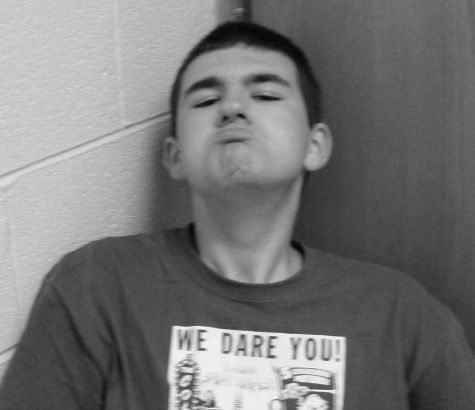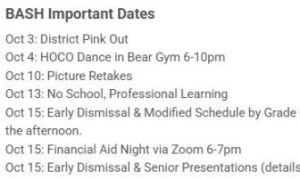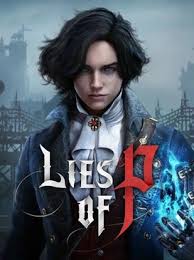‘You Were Never Really Here’ a Powerful Thriller

Joaquin Phoenix stars as Joe in You Were Never Really Here.
I remember when I first really got into watching movies back when I was 12. It was an exciting thing because I was young enough for a movie to really have the ability to shake me. Movies like Taxi Driver and A History of Violence would hit me like a punch to the gut. They would leave me feeling breathless and shaky. They would be very visceral experiences, and I loved it, because I knew even then that not every movie had the ability to do that to me. A movie had to be really good to contain that much power to shake me. And as I have gotten older it has happened less and less, at this point close to never.
You Were Never Really Here shook me. It shook me to my core. It contains a power rarely felt this strong in movies. I’ve seen it twice now; both times left me breathless, and I plan on seeing it many more times.
The plot of this thriller revolves around Joe, a contract killer trying to save a teen who has been kidnapped by sex traffickers. The power in a movie like this all comes from how well we can understand our main character. He is played by Joaquin Phoenix in what might be his best performance (I’m hesitant to say it’s better than his performance in The Master, but time will tell). He plays Joe with stunning power, rarely speaking more than a sentence, but conveying a deep torment and distraught simply by a look or how he carries himself.
Split-second glimpses into Joe’s past pop up to indicate why he is this way. We see images like child in Iraq, or the FBI raiding a truck, or an abusive father. Never a lot, but more than enough to know why Joe is the way he is. These flashbacks come at unexpected moments, usually in the middle of a scene, and are very jarring. In most cases they serve as jump-scares, screaming into a movie that for the most part is gut-wrenchingly silent.
When we meet him, he’s working as a hitman. A brutal one too. The fact that his favorite tool is a hammer is kind of an indicator to this. Of course, the aforementioned flashbacks may serve as an indication why he might not want to use a gun. He doesn’t get any pleasure from what he does, which is exemplified by how Lynne Ramsay directs the violent scenes, and also in my favorite scene where Joe finds two hitmen in his house (to say any more would be a spoiler, but I will say watching Joe walk down the staircase was the hardest I’ve ever held my breath during a movie, and how that scene resolves is something I’ve never seen in any other movie).
Anyway, being a hitman pays well and he needs the money, so he does what he is told. His latest mission is to find the kidnapped 12 year old daughter of a New York senator. As you can imagine, Joe quickly realizes there is something much larger going on in his mission and he maybe be in over his head.
I wish I could describe the plot a bit better, because that makes it sound like Taken, and to an even greater extent, Taxi Driver, which is the common point of comparison (so common I couldn’t even resist it, and I tried). This is not a simple tough guy finds redemption movie. Ramsay digs much deeper for it to be that. She doesn’t make you watch Joe go through all of this; she puts you in his head. You feel his torment, his anxiety, his rage.
Normally in these vigilante rescue movies, their mission is a redemptive one because, hey, they may have their demons, but rescuing the girl will free them of said demons. But because Ramsay puts you in his head, she makes you realize that redemption is probably not on the other side of all of this. It’s a disturbing thing to realize, and also one that makes the narrative unpredictable
You Were Never Really Here clocks in at just under 90 minutes, and not a second of it needs to be changed. It’s short, but it feels neither rushed nor slow. Every second of this movie, every frame, is so precise, so deliberate, so carefully calculated for maximum impact that I could watch in 10 more times and not spot a flaw. It’s a gut punch, a vise that gets tighter every minute. I can’t possibly recommend it more.You Were Never Really Here

James Mason is a writer for Temple University. When not writing for the newspaper, he can be found at home reading badly, writing badly, viewing bad...



















